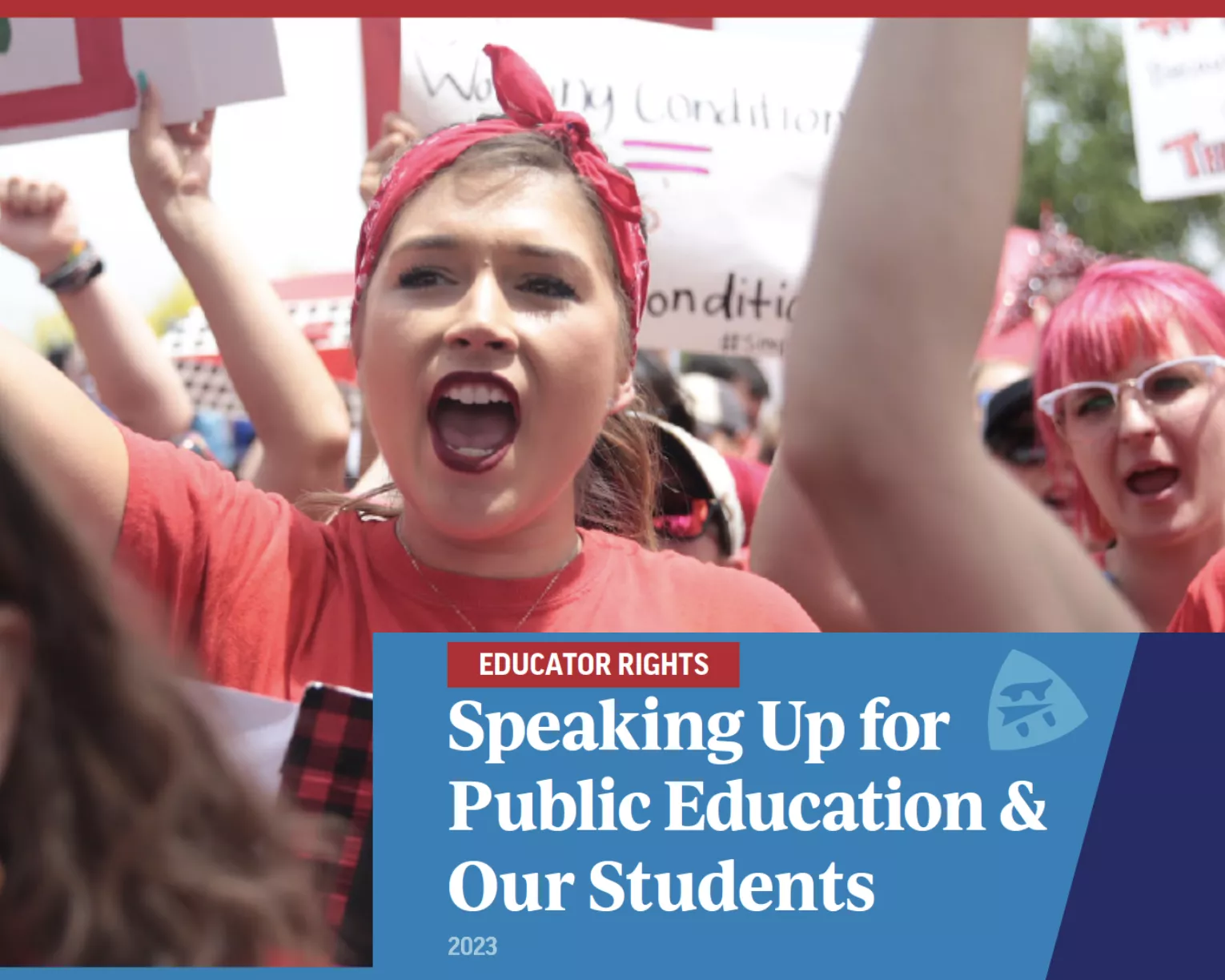Limits on Educator’s Speech
A few key questions help determine when schools can limit educators’ speech.
- First, is the speech part of the educator’s job?
- Second, is the speech about something personal?
- Third, does the school have a good reason for preventing the speech?
The first question is the most important. Schools may control what their employees say as part of their official duties.
Common examples of where this is so include when educators are teaching a class, coaching a team, holding a parent-teacher conference, and driving a school bus. In those settings, the educator has much less freedom and must follow state and school district curriculum requirements.
Schools may also restrict educators’ speech so that the school remains neutral on controversial topics, but such restrictions must be even-handed and may not silence only disfavored viewpoints.
Where an educator is on the clock but not engaged in official duties there may be some First Amendment protection for their speech—for example, a private prayer said in between classes is likely protected by the First Amendment, as long as the educator does not pressure students to join.
Similarly, a personal comment made at a time and place when educators are free to attend to personal issues may likewise be protected.
The subject of the educator’s speech also matters. Educators have the most protection when they are talking about issues of public interest.
They have less protection when talking about something personal. Statements about a school can fall into either category. For example, the public has a much greater interest in hearing an educator argue that schools should ditch high-stakes testing than it does in hearing an educator complain that the principal is too strict.
